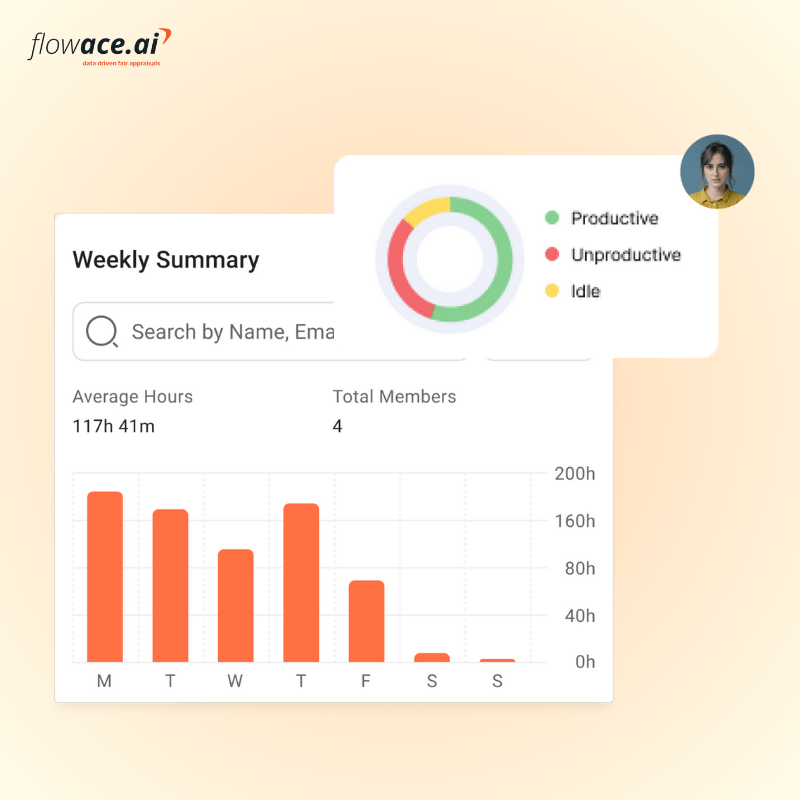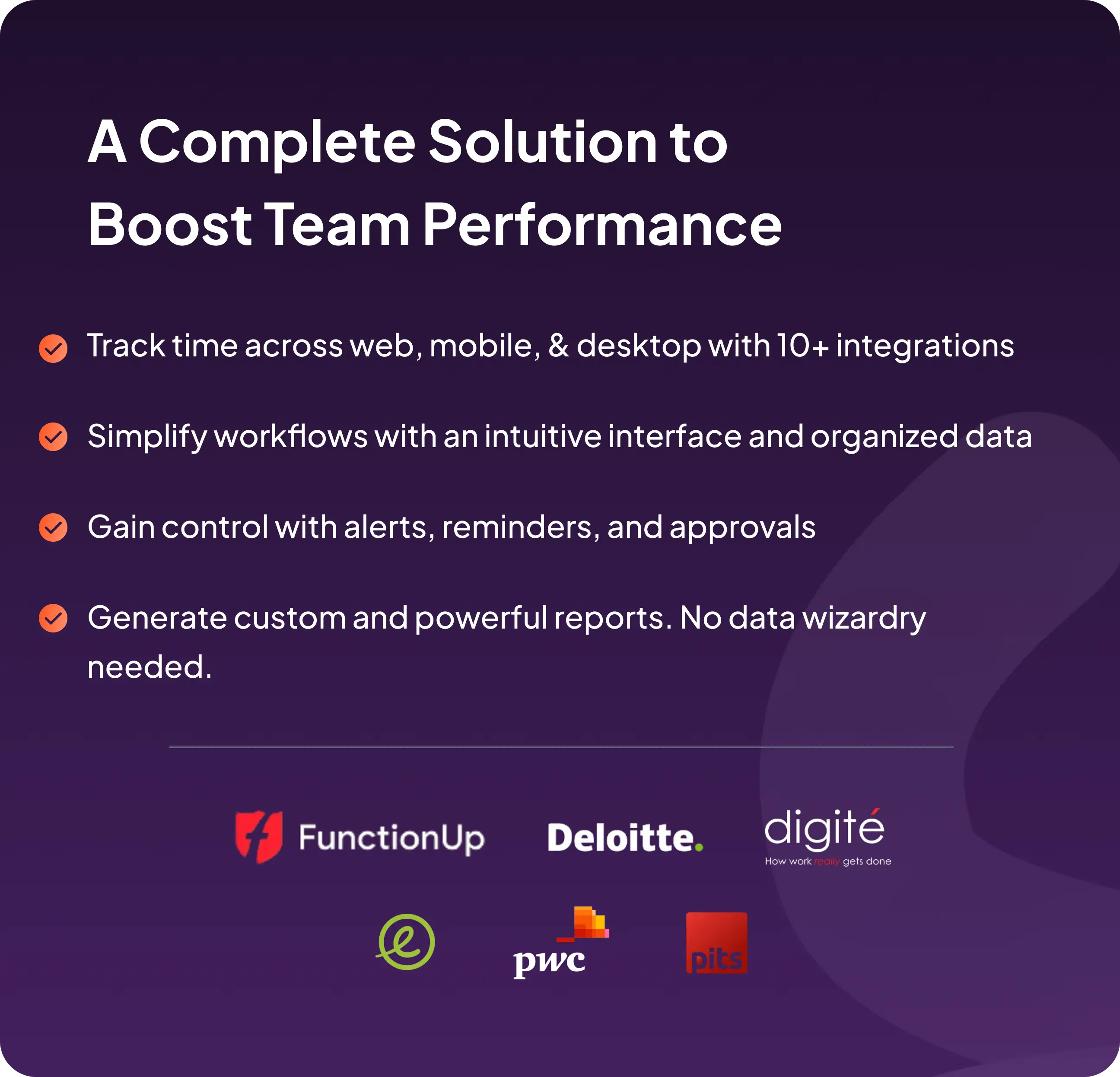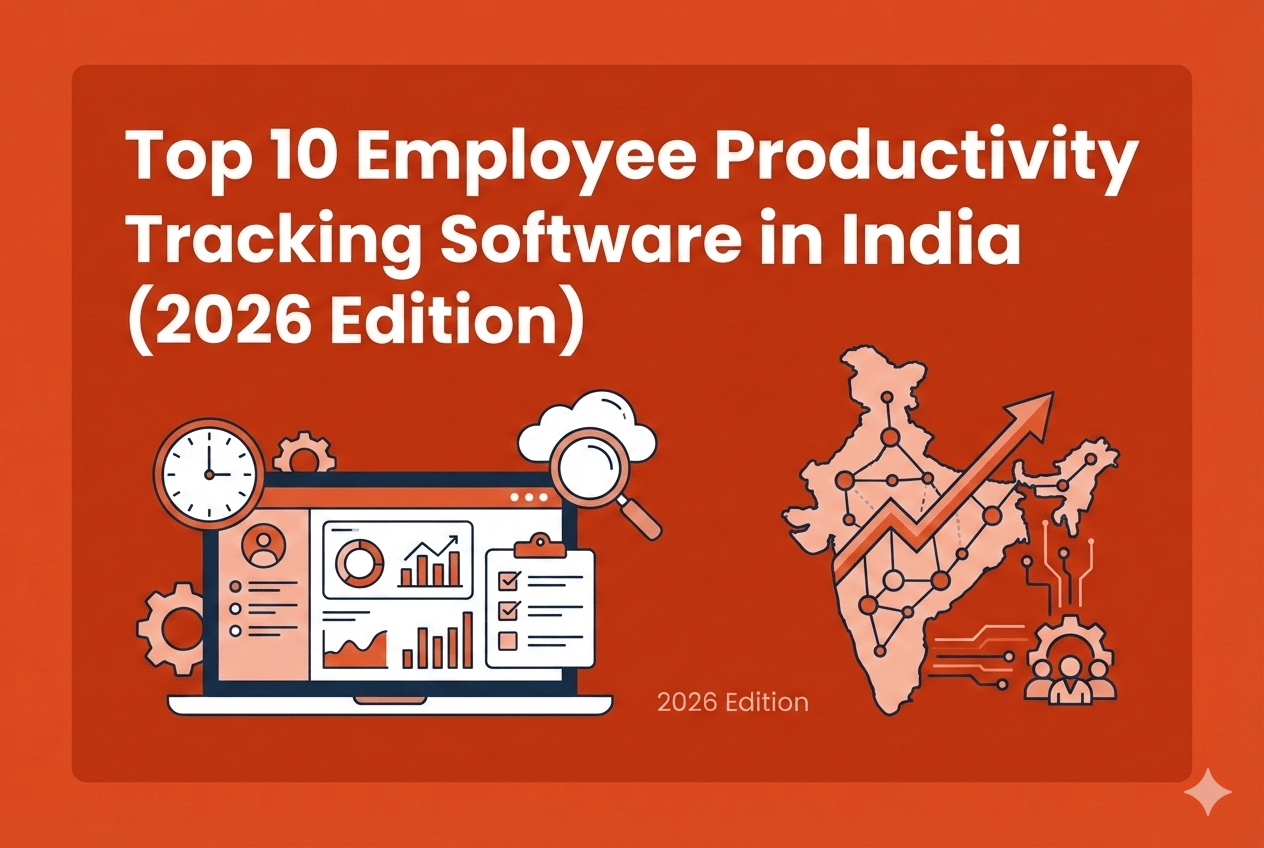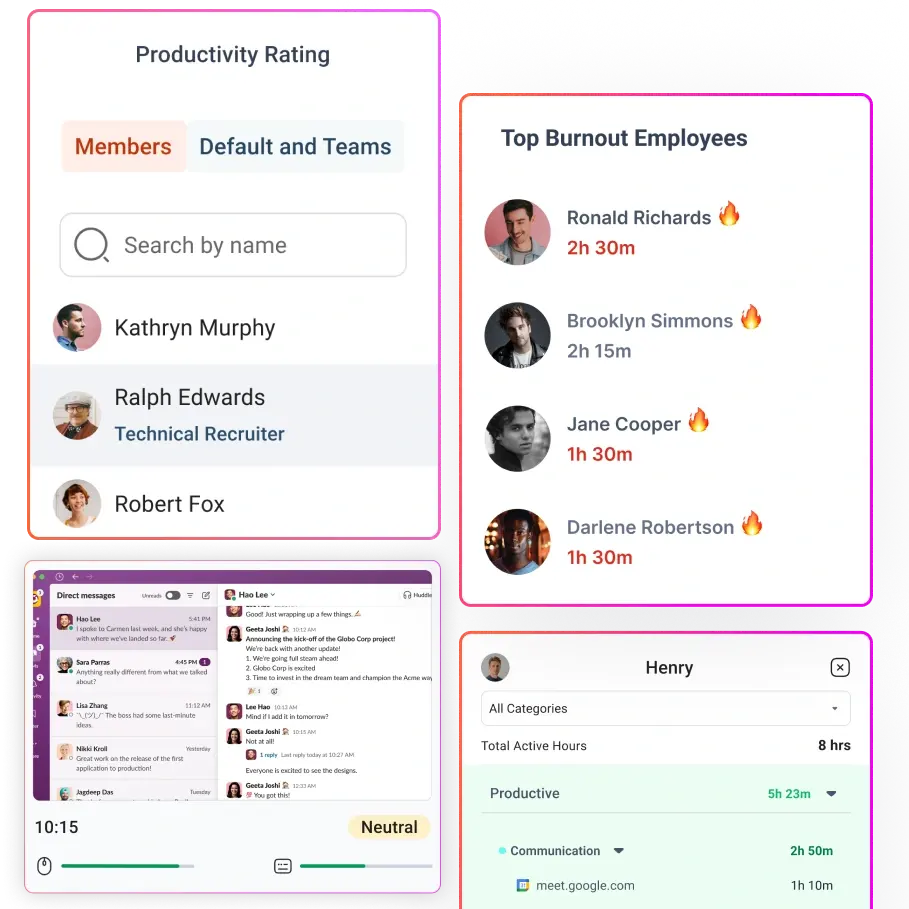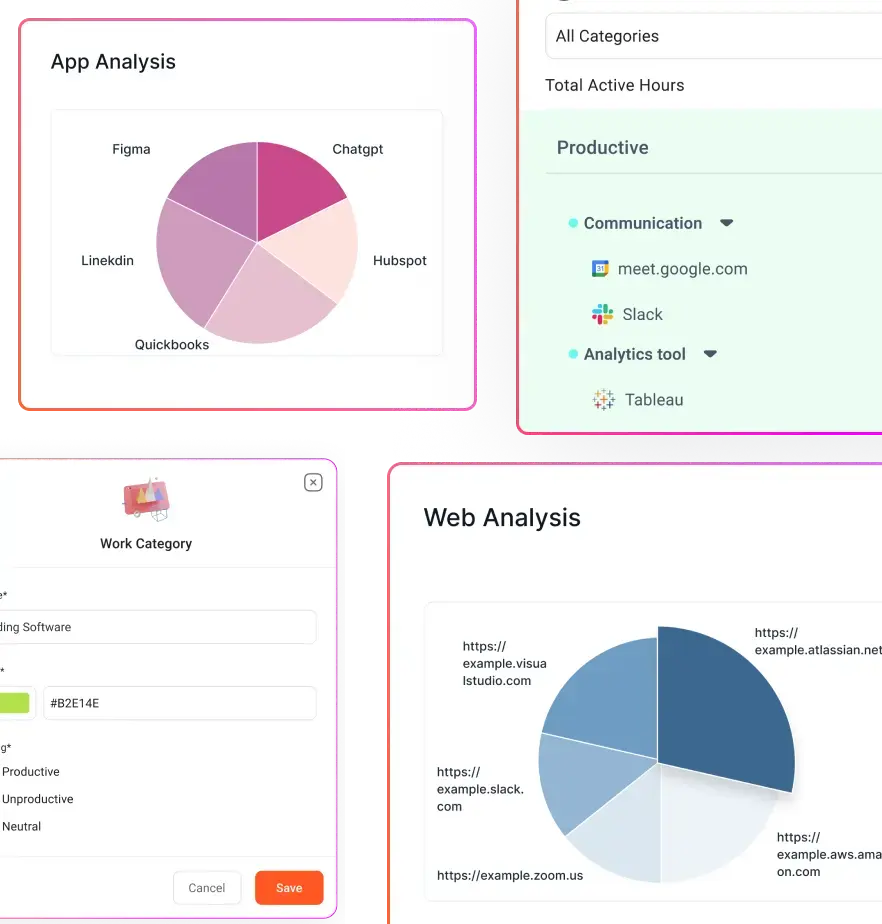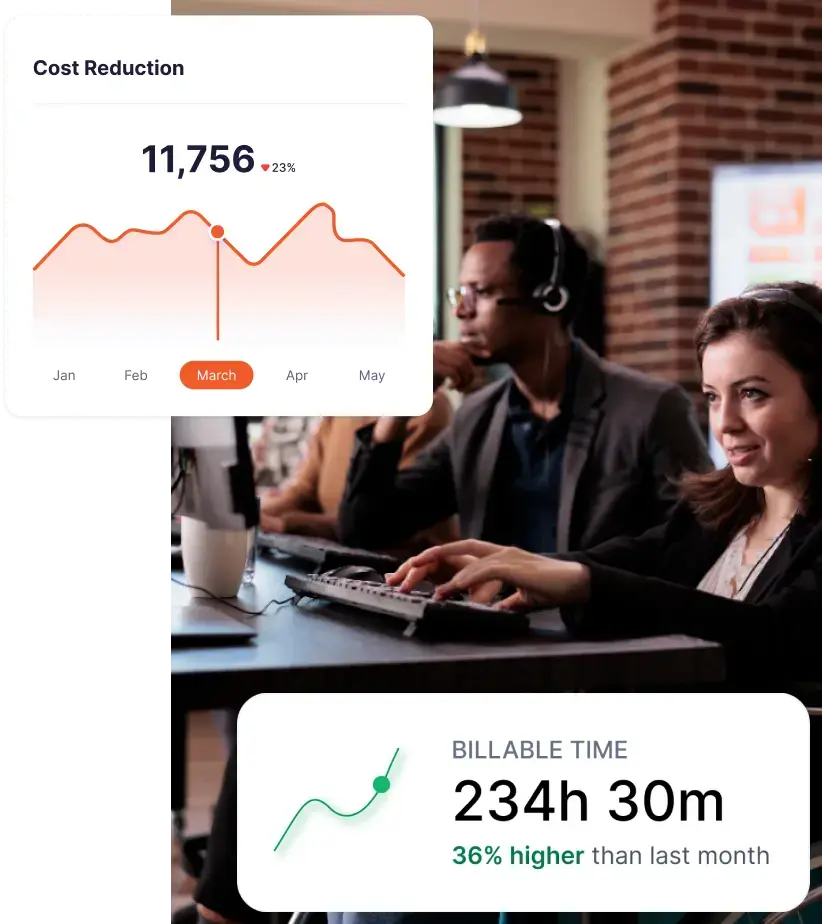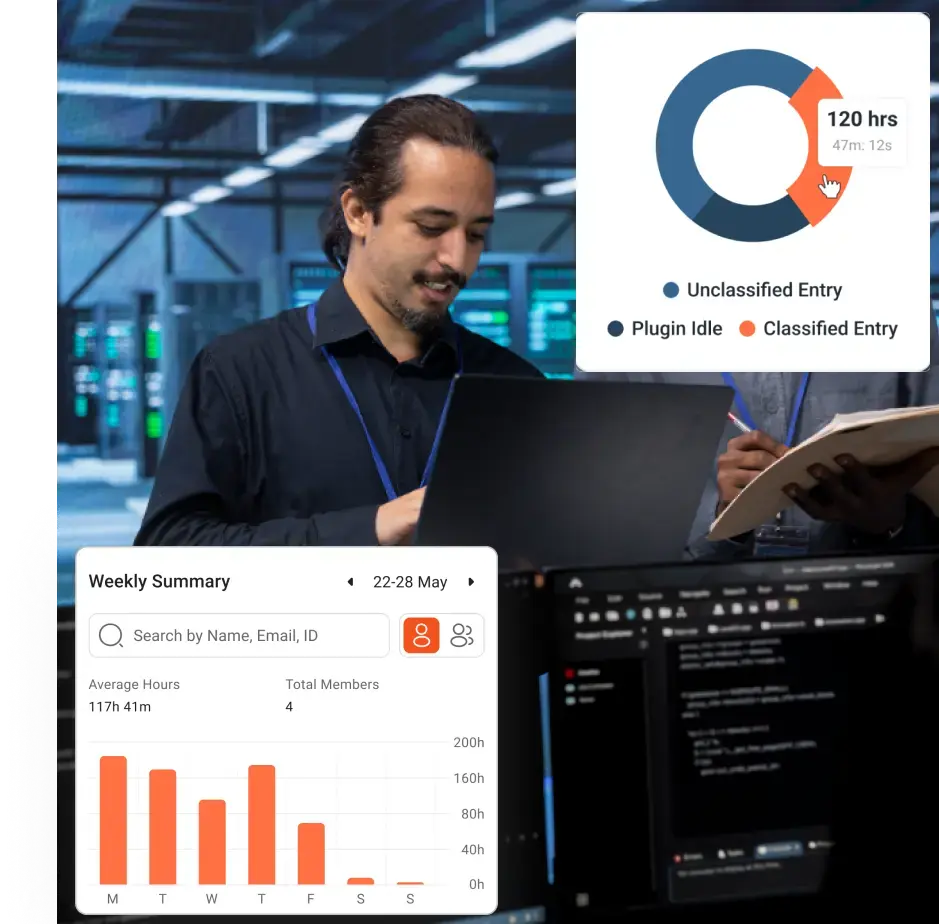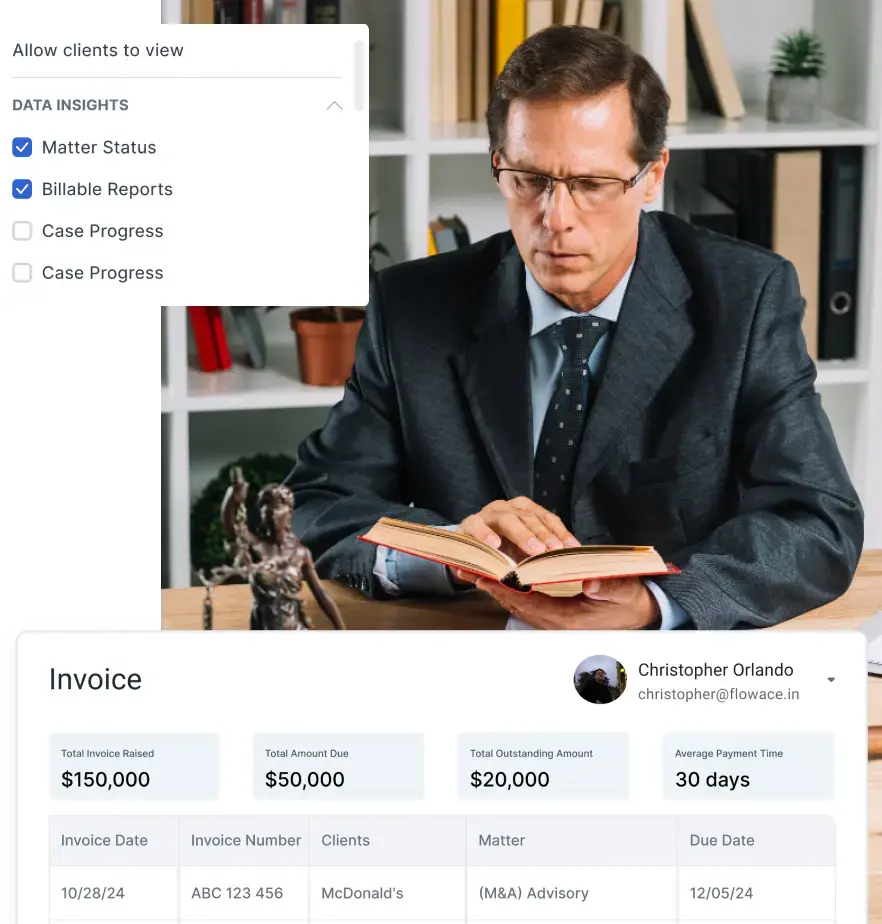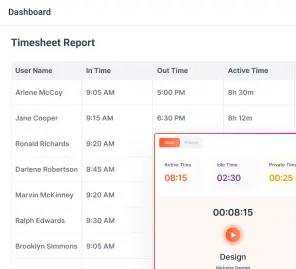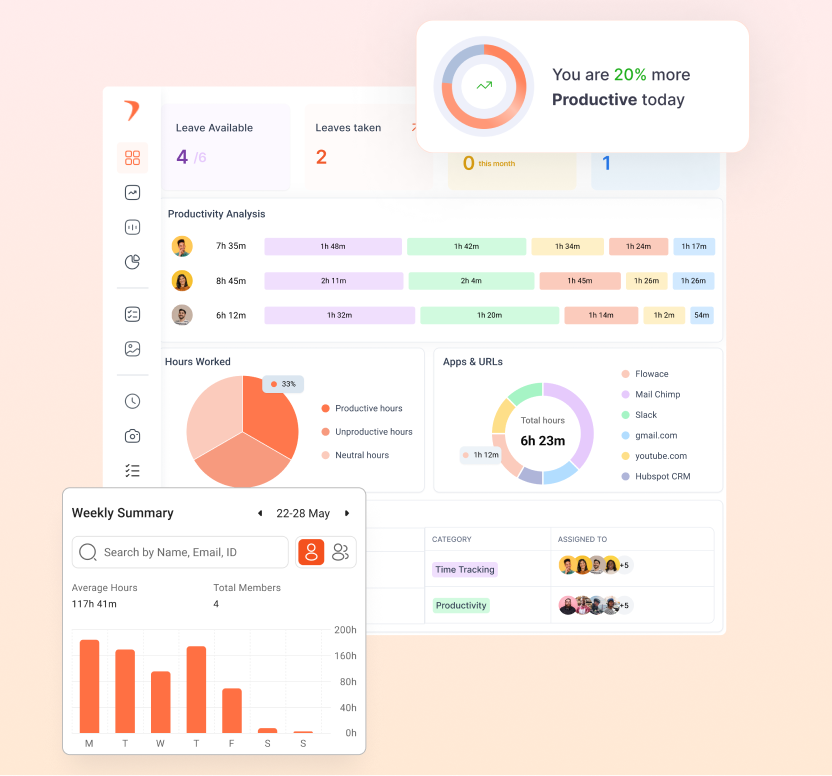Philippines Business Process Outsourcing
The Philippines is the BPO hub!
This industry has been thriving and has become the cornerstone of the country’s economy. Countries outsourcing to the Philippines have positioned the country as one of the most crucial global supply chains (GSCs) in the service industry.
Today, the Philippines is an excellent option in the ASEAN region for launching or growing their business in a new area. It is often preferred over other popular choices like outsourcing to Thailand or Vietnam due to its cost-effectiveness and English-speaking workforce.
Its diverse workforce, growing work culture, population, etc., give business owners the right market to seal consumers’ product and service opportunities.
IT & Business Process Association of the Philippines (IBPAP), expects the market to reach $35.9 billion in revenue in 2023. Also, the BPO talent pool is projected to expand to 1.7 million employees in 2023 from 1.57 million in 2022.
Well, the rise of the BPO Philippines industry will become more apparent as you read on.
What is BPO?
Business process outsourcing (BPO) is the process of transferring non-core activities from the core company to a third party for service delivery using technology. Many Western countries outsource their work to countries like Vietnam, India, and the Philippines.
For example, a U.S. company outsources its customer support to a BPO company in the Philippines. The BPO handles inquiries, troubleshooting, and assistance, allowing the U.S. company to focus on its core activities while reducing costs.
Simply put, when a firm hires an external service provider or third party to handle one or more of its business operations, it is called a BPO. Businesses use BPO vendors to handle front- and back-end activities.
BPO has several advantages: it reduces expenses, provides easy access to expert services, reduces the tension of in-house hiring, and increases efficiency and worldwide expansion. However, there are some disadvantages as well, such as overdependence, hidden costs, and security concerns.
Boost by 31% using the innovative solution by Flowace!
Get Started for FreeHistory of the Philippine BPO Industry
Even though the history of BPO goes back to the late 20s, the primary era began at the start of the 21st century. Accenture established the Philippines’ Business Process outsourcing industry in 1992, marking the beginning of the industry. The government swiftly became more aware and started taking initiatives to boost the nation’s economy through BPO.
In 2021, the Philippines’ Business Process Outsourcing industry employed 1.3 million people and generated $30 billion in revenue for the economy. According to IHS Global Insight, the Philippines’ economy will be worth $1 trillion by 2030. Along with many services and service providers.
Total investment pledges in PEZA increased by 180% from January to September 2023 to PHP 111.21 billion. The growth has been tremendous.
Services Offered By BPOs In The Philippines
Over 300,000 Filipinos would work for call center firms in the nation by 2009, according to a proposal made by Senator Mar Roxas, the chairman of the Senate Committees on Trade, Commerce, and Economic Affairs. Teleservices, e-services, information technology (IT) outsourcing, and IT- and information communications and technology (ICT)-enabled services have been identified as vital employment-generating Philippines Business Process Outsourcing (BPO) sectors.
- According to the ADB report, the most common type of BPO services in the Philippines are;
- Call Center. Services include inbound and outbound voice operations for sales, customer service, and technical support.
- Back Office. Providing financial and accounting services (e.g., bookkeeping, accounts maintenance, claim processing, asset management) and human resources administration services (e.g., payroll processing, benefits administration, human resources data management).
- Data Transcription. The transcription of oral dictations for health professionals and dictations during legal proceedings is provided.
- Software Development: Prototyping, product design, front-end and back-end development, programming, testing, customization, reengineering, conversion, installation, maintenance, and education training of systems, middleware, and application software.
- Engineering Development. Includes design for civil works, building and building components, shipbuilding, and electronics.
- Digital Content. The creation of digital marketing, including music or videos, ads, animation, copywriting, content writing, social media marketing, information, and photographs that may be downloaded or shared via electronic means
- Besides, It has been stated that the BPO providers in the Philippines are most likely to invest in CX to remain competitive or face extinction.
“One of the reasons CX is so important is because R&D investment in AI continues to skyrocket. Major players like Google, Microsoft, Facebook, and IBM invest heavily in AI. The results are showing up in the form of self-driving cars, better web search, more effective cancer diagnosis, and improved customer service.” Ralf Ellspermann, CEO of PITON-Global
Read more: Top BPO companies in the Philippines
The Ease Of Doing Business In The Philippines
The BPO industry in the country has reached 721,000 employees, a 15.54% increase from the previous year. Acknowledging the positive impact of outsourcing jobs on the Philippine economy allows for the implementation of effective policies to improve the industry.
Let’s take a closer look at why this country stands head and shoulders above other countries regarding establishing successful companies.
Boost by 31% using the innovative solution by Flowace!
Get Started for FreeThe Young Talent Pool
70% of BPO workers in the Philippines work in the contact center subsector. Any college graduate, regardless of educational background, may apply for a job at a call center since the minimum requirements are a college degree, decent English proficiency, and computer literacy.
It has been suggested that the industry has the potential to generate over $59 billion in revenue and create one million additional job opportunities by 2028.
The number was rising every year with the accumulation of a more diverse workforce.
Yet, because of this, there may be a mismatch between the training and employment of recent college graduates in the BPO industry, as their training is geared towards other highly skilled occupations.
Low-cost labor recruitment
The cheap cost of labor is an important factor in choosing to establish a business in the Philippines. Due to its lower labor costs, this country has become a cost-effective location for many business operations.
It has enabled businesses to recruit labor at a fair wage, which gives it an advantage for investors looking to construct manufacturing facilities or outsource activities to other countries.
Language and communication
The cost was never the only consideration when selecting a BPO destination. Proficient proficiency in English, post-secondary education, and a customer-focused culture are attractive attributes in the rapidly growing outsourcing sector. It’s a country where more than 100 languages are spoken, and people usually speak two or more languages. English was formerly a colonial language but was quickly embraced as a second language, and language switching is widespread.
Government support
The government’s support for the BPO sector is undisputed. According to the ILO, the government established the Information Technology and E-Commerce Council (ITTEC) in 2001 to act as the highest policy-making body, coinciding with the growth of the BPO sector. One of ITTEC’s goals is to create a hub for e-services in the country.
The government and the BPA/P have collaborated closely on several initiatives to promote the nation as a top BPO destination for investors. Income tax holidays, tax and duty exemptions on imported capital equipment, employment of foreign nationals, permanent residence status for international investors, and streamlined export and import procedures are just some of the benefits available to BPO investors through BOI or PEZA.
Boost by 31% using the innovative solution by Flowace!
Get Started for FreeBeyond geographic advantages
The Philippines has created an ICT infrastructure that is competitive on a global scale, with two fibre-optic networks that span most of the nation. One advantage is the high quality and low cost of real estate accessible; today, corporations occupy 80% of grade “A” office space in central Manila.
Strict data security regulations and tax incentives
The Philippines’ advantage as a SEZ is an abundance of tax breaks, easing the business process. Newly registered enterprises are eligible for an income tax vacation for 4 to 6 years, based on their location.
This means that the company won’t have to pay income taxes for the chosen time frame. Businesses from other countries can apply to CEZA for tax advantages, which include tax credits, duty-free and tax-credited purchases of machinery and other assets, and a special 5% tax on gross earnings that takes the place of all other local, state, and federal taxes.
The Rise In The Philippines’ Business Process Outsourcing Business
The BPO Philippines has continuously been listed as one of the top five global outsourcing locations. As it shares more competitive advantages over other countries.
The Oxford Business Group stated that the global market for business process outsourcing is expected to reach a valuation of over $250 billion by 2023. The Philippines’ worldwide BPO market share is between 10% and 15%, expanding at a compound annual rate of 10%.
With the rise of AI and RPA, analysts foresee the BPO sector embracing new opportunities in Knowledge Process Outsourcing (KPO)—the demand shifts from traditional services to more technologically thriving ones.
KPO firms are expected to offer roles in market research, fraud analytics, banking, insurance, actuarial science, web development, data integration, research and development, legal processing, and medical transcript preparation.
However, keeping the BPO business intact is crucial, even if minor challenges like employee monitoring or time tracking arise. whether for remote employees or freelancers. In such cases, implementing reliable productivity tracking can help maintain efficiency and ensure high-quality output.
Visit the website and get more insights about Flowace’s employee monitoring features, integration, and what sets it apart from other Employee Productivity Tracking Software. Effective employee productivity tracking ensures teams stay focused, meet deadlines, and deliver consistent results regardless of location. By prioritizing employee productivity, businesses can foster a high-performance culture that drives long-term success.
Boost by 31% using the innovative solution by Flowace!
Get Started for FreeIn conclusion
The BPO Philippines industry represents a dynamic force in transnational scrimping. The sector has demonstrated remarkable growth and resilience with its robust infrastructure, diverse talent pool, and government support.
Technological advancements reshape the outsourcing landscape, so the industry is poised for further expansion and innovation. Despite challenges, the Philippines remains a top destination for outsourcing operations, contributing significantly to economic growth and employment opportunities.


